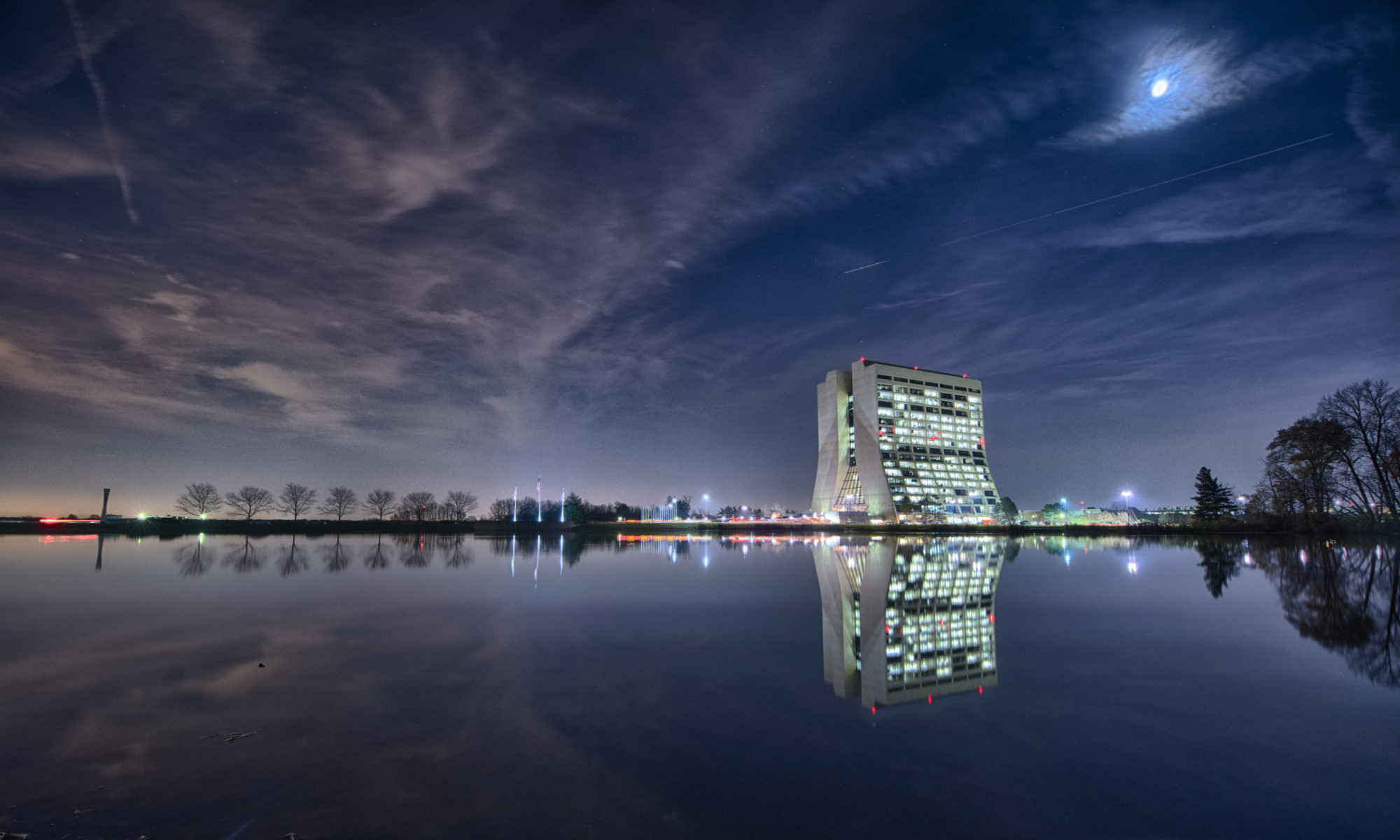WP1: Neutrino Detectors
Coordinators: M. Weber (University of Bern), G. Raselli (INFN), A. Fava (Fermilab)
WP1 is dedicated to the construction, commissioning and operation of the detectors employed in the Short Baseline Neutrino Program at Fermilab (MicroBooNE, ICARUS and SBND). This includes the Liquid Argon Time Projection Chambers, the associated electronics, the calibration and data acquisitions systems, and the scintillator-based Cosmic Ray Taggers necessary to reduce the cosmic-ray induced backgrounds.
WP2: Neutrino Physics: event reconstruction tools
Coordinators: L. Whitehead (University of Cambridge), A. Menegoli (INFN)
WP2 is dedicated to the development of software methods to optimize codes for neutrino event reconstruction at MicroBooNE, ICARUS and SBND. Machine learning algorithms and deep learning tools will be widely employed.
WP3: Neutrino Physics: data analysis
Coordinators: D. Gibin (INFN), A. Szeic (university of Manchester), E. Piasetzi (Tel Aviv University)
WP3 is dedicated to the analysis of the Fermilab SBN experiments (MicroBooNE, ICARUS and SBND). Using the full statistics collected by MicroBooNE in stand alone operation the nature of the MiniBooNE signal will be thoroughly investigated to determine the nature as being due to a so far unknown background or a potential new physics signal. taking advantage of the large statistic collected by MicroBooNE, ICARUS and SBND, exclusive channels of low-energy interactions will be studied by measuring differential cross-sections. Once all three detectors will be operational, data will be combined to perform the full SBN search for oscillations using a global fit of the three-detector response. The neutrino events recorded at the far position by ICARUS will be compared to the un-oscillated neutrino spectra measured by SBND at the near site. This will be fundamental experience for the future DUNE experiment.
WP4: CLFV experiments
Coordinators: M. Lancaster (University of Manchester), E. Pedreschi (INFN), I. Sarra (INFN), G. Pezzullo (INFN)
WP4 is dedicated to the construction, commissioning and operation the muon-to-electron conversion Mu2e experiment at Fermilab. We will also develop the software tools and analyse the first year of data to publish a limit on the muon-to-electron conversion at least x100 better than the Sindrum-II limit. We will also review the lessons learned from Mu2e to inform the design of the upgraded Mu2e-II detectors and trigger.
WP5: Muography
Coordinators: A. Giammanco (University of Louvain), C. Pistillo (University of Bern), G. Macedonio (INGV)
WP5 is dedicated to the campaigns of data acquisition and analysis of volcanic and archaeological sites. A laboratory will be installed at the Mt. Vesuvius slope dedicated to the study of the volcano by the use of cosmic muons. The Gran Cono internal structure will be imaged giving an absolute 2D map. The Cumae archaeological site at Naples will be investigated to explore the tunnels and cavities using muon detectors.
WP6: Dissemination and Outreach
Coordinators: C. Luongo (INFN), C. Vignoli (INFN)
WP6 is dedicated to the dissemination of the results to the scientific community through the publication at conferences and on specialised journals. We will promote the communication between the scientific community and the general public to increase the science awareness in society. We will make an effort to educate the general public about particle physics and related areas to demonstrate how particle physics contributes to solving very concrete problems and has mani practical applications in medicine, homeland security, industry, computing and, with muon radiography, in geology, geophysics and archaeology.
WP7: Transfer of Knowledge
Coordinators: C. Vignoli (INFN), R. Sia (Clever Operations), M. Tytgat (university of Gent)
WP7 is dedicated to the organization of training activities of personnel and to achieve maximum transfer of knowledge among participants and increase the quality of research and competitiveness of participants.
WP8: Management
Coordinator: S. Donati (University of Pisa)
WP8 is dedicated to ensure the efficient, transparent and productive organization of the project to provide equal opportunities to all participants, and to supervise secondments and organize trainings. WP8 is dedicated also to monitor the activities and the achievement of deliverables, including risks management, and to promote the visibility of the project.
